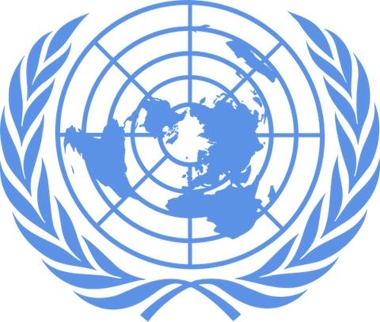LGBT 'Core Group' at the UN makes declaration about LGBT rights

The LGBT Core Group at the United Nations issued a declaration regarding the rights of lesbian, gay, bisexual and transgender citizens of all countries. The 16 point document, supported by Argentina, Brazil, Croatia, El Salvador, France, Israel, Japan, the Netherlands, New Zealand, Norway and the United States, and European Union, issued a “strong and determined commitment to eliminating violence and discrimination against individuals based on their sexual orientation and gender identity.”
In doing so, they reaffirmed their conviction that “human rights are the birthright of every human being,” and that LGBT people “must enjoy the same human rights as everyone else.”
The ministers welcomed the positive steps taken to protect LGBT individuals from human rights violations and abuses. Of particular note, since 1990, 40 countries have abolished discriminatory criminal sanctions used to punish individuals for consensual, adult same-sex conduct. They also applauded hate crime laws, and other laws, that combat homophobic violence and provide legal protections in the workplace based on sexual orientation and gender identity.
The ministers recognized the efforts by governments, human rights institutions and civil society to counter homophobia and transphobia in their countries, and offered support for the LGBT human rights defenders and advocates that pursue equal rights for LGBT persons, often at great personal risk.
Nevertheless, the declaration said “…we remain gravely concerned that LGBT persons in all regions of the world continue to be victims of serious and widespread human rights violations and abuses.” A 2011 study by the UN High Commissioner for Human Rights found “a deeply disturbing pattern of violence and discriminatory laws and practices affecting individuals on the basis of their sexual orientation and gender identity.”
The ministers recognized that LGBT individuals are subjected to intimidation, assault, sexual violence, and even murder in all parts of the world, particularly noting that they were not excluding their own countries in that observation.
Collectively, the ministers observed that the key to protecting the human rights of LGBT individuals “is the full and effective implementation of applicable international human rights law.” They called on all UN member states to repeal discriminatory laws, improve responses to hate-motivated violence, and to ensure adequate and appropriate legal protections to LGBT persons.
In closing they noted that they agree with United Nations Secretary-General Ban Ki-moon’s assessment that combating violence and discrimination based on sexual orientation and gender identity constitutes “one of the great, neglected human rights challenges of our time.” They committed themselves to “working together with other states and civil society to make the world safer, freer and fairer for LGBT people everywhere.”
September 26, 2013





